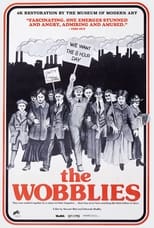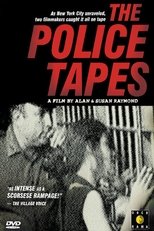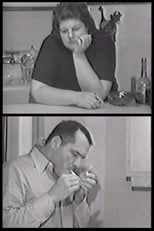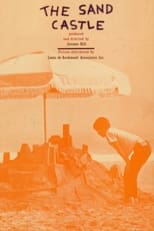

Charles Rydell
Movies for Charles Rydell...

Title: The Wobblies
Character: Narrator
Released: September 15, 1979
Type: Movie
"Solidarity! All for One and One for All!" With that slogan, the Industrial Workers of the World, aka the Wobblies, took to organizing unskilled workers into one big union and changing the course of history. This award-winning film airs a provocative look at the forgotten American history of this most radical of unions, screening the unforgettable and still-fiery voices of Wobbly members--lumberjacks, migratory workers, and silk weavers--in their 70s, 80s, and 90s.


Title: The Police Tapes
Character: Narrator
Released: January 2, 1977
Type: Movie
The Police Tapes is a 1977 documentary about a New York City police precinct in the South Bronx. The original ran ninety minutes and was produced for public television; a one-hour version later aired on ABC. Filmmakers Alan and Susan Raymond spent three months in 1976 riding along with patrol officers in the 44th Precinct of the South Bronx, which had the highest crime rate in New York City at that time. They produced about 40 hours of videotape that they edited into a 90-minute documentary.


Title: Fight
Released: January 1, 1973
Type: Movie
An improvised hour-long fight between Brigid Berlin & Charles Rydell. Produced by Andy Warhol.


Title: Open the Door and See all the People
Character: Andrew
Released: March 25, 1964
Type: Movie
Based on Jerome Hill's unpublished novel, Peacock Feathers, this ensemble piece focuses on the relationship between two aging sisters.


Title: The Sand Castle
Character: Young Man
Released: January 1, 1960
Type: Movie
A little boy and his sister forced to spend a day at the beach build a sand castle, to the delight and interest of others. Rich black and white photography collides with a novel fantasy sequence combining color photography, stop motion and cutout animation. Equal parts Jacques Tati, A. Lamorisse and (Hill's perrenial favorite) C. G. Jung.
